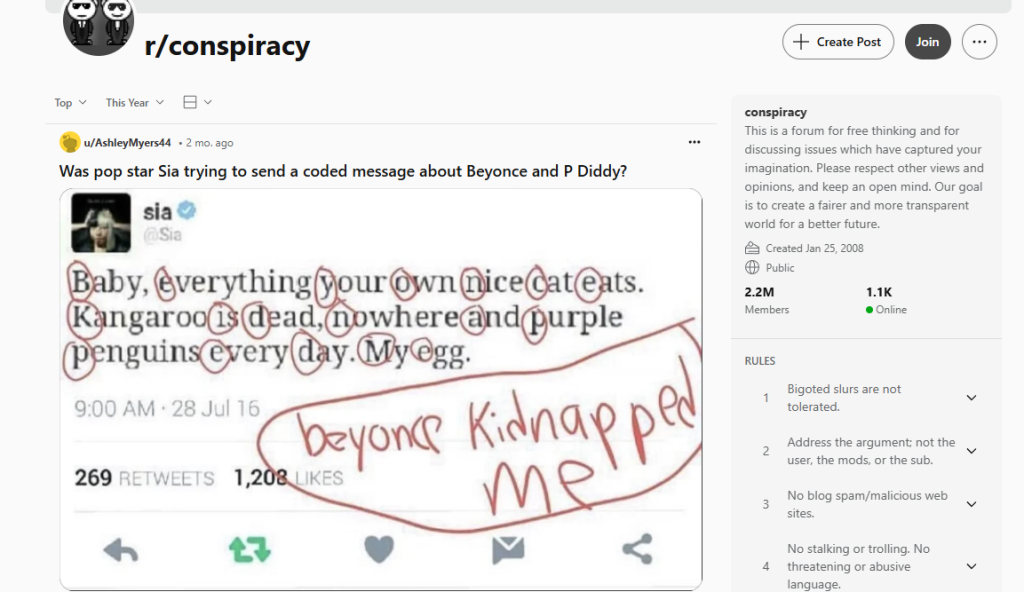
The Fragile Balance of Trust
Imagine scrolling through your newsfeed and encountering a headline about a miraculous new COVID-19 cure. The article looks legitimate, but how do you decide whether to believe it? This decision hinges on an intricate psychological mechanism called epistemic trust—our ability to assess the credibility of knowledge and determine if it’s relevant, accurate, and worth adopting. But what happens when this trust is disrupted?
A recent study published in PLOS Global Public Health explores how epistemic trust—or the lack of it—shapes our ability to distinguish real news from fake, fuels conspiracy thinking, and affects critical public health behaviors like vaccine uptake.
Epistemic Trust and Disruption: A Public Health Puzzle
The study, led by Tanzer et al., introduces the concept of epistemic disruption, a state where trust in communicated knowledge becomes either excessively mistrusting or overly credulous. Both extremes can hinder an individual’s ability to navigate complex social and informational landscapes. Drawing from two UK-based studies with over 1,200 participants, the researchers examined how epistemic disruption influences susceptibility to misinformation, conspiracy thinking, and vaccine hesitancy.
Individuals with high levels of credulity were more likely to accept fake news as true, while those with mistrust gravitated toward conspiracy theories. These disruptions were not only influenced by current circumstances but also rooted in past experiences, including childhood adversity.
The Childhood Connection: Trauma and Trust
One of the most striking findings was the subtle but significant link between childhood trauma and epistemic disruption. Participants who reported higher levels of trauma were more likely to exhibit both credulity and mistrust, which in turn impaired their ability to discern fake news. This connection suggests that adverse early-life experiences might shape how people process information later in life.
For public health practitioners, this insight is crucial. Efforts to combat misinformation must recognize that people’s relationships with information are deeply intertwined with their past experiences and psychological frameworks. Combatting fake news isn’t just about fact-checking; it’s about addressing the emotional and cognitive barriers that make individuals vulnerable to misinformation.
Misinformation in the Age of COVID-19
The COVID-19 pandemic served as a live case study for these dynamics. The researchers found that both credulity and mistrust were associated with higher belief in COVID-19 conspiracy theories and greater vaccine hesitancy. This aligns with real-world challenges: during the pandemic, skepticism toward official narratives and hesitancy to adopt protective measures undermined public health efforts globally.
One surprising finding was that epistemic trust, while helpful in recognizing accurate information, wasn’t a fail-safe against misinformation. High trust sometimes led individuals to accept official explanations without question, but it didn’t necessarily guard against believing in fake news. This nuance underscores the importance of fostering a balanced, critical approach to information.
Why It Matters: Beyond the Headlines
The implications of this research extend from climate change denial to health fads, the way people. For public health professionals, the findings emphasize the need for communication strategies that do more than just deliver facts.
Practical Takeaways:
- Build Resilient Trust:
Public health messaging must foster trust while encouraging critical thinking. This requires transparency, empathy, and cultural sensitivity—qualities that allow individuals to feel recognized and respected. - Address the Roots of Vulnerability:
Tackling misinformation involves more than debunking myths. Interventions should consider the psychological factors, like childhood trauma or chronic mistrust, that predispose individuals to epistemic disruption. - Tailor Communication Strategies:
Recognize that not all audiences are the same. Credulous individuals may need tools to evaluate information critically, while mistrustful individuals might benefit from relatable and community-driven narratives that reduce their skepticism.
The Bigger Picture: A Call for Communicative Justice
The researchers highlight a broader issue: public health communication must address communicative justice—the idea that everyone deserves access to trustworthy, culturally relevant information. When people feel dismissed or overlooked, they may turn to alternative sources that amplify misinformation. Bridging this gap means creating systems where individuals feel valued and engaged as partners in the public health dialogue.
What’s Next?
The study opens new avenues for research and intervention. Future studies should explore how to reverse epistemic disruption, particularly among those who have experienced early-life adversity. Additionally, cross-cultural investigations could reveal whether these findings hold true across different societal and informational contexts.
On a practical level, public health initiatives might incorporate training programs to help individuals develop analytical thinking skills alongside efforts to foster trust in credible sources. The challenge lies in balancing the promotion of epistemic trust without encouraging blind acceptance—a delicate but essential task.
Join the Conversation
How can public health practitioners foster trust while combating misinformation? Have you encountered challenges in addressing vaccine hesitancy or conspiracy thinking in your work or community? Share your experiences and strategies in the comments or join the conversation on social media.
- What factors do you think contribute most to misinformation in your community?
- How can we address the emotional and cognitive barriers that lead to vaccine hesitancy?
- What role does childhood experience play in shaping how we process information as adults?
Closing Thought
Misinformation isn’t just a battle of facts—it’s a battle for trust. As we navigate an increasingly complex information landscape, understanding the roots of epistemic disruption can help us create a more informed, resilient, and equitable society.
Join the Community – Get Your Weekly Public Health Update!
Be a health leader! Subscribe for free and share this blog to shape the future of public health together. If you liked this blog, please share it! Your referrals help This Week in Public Health reach new readers.



